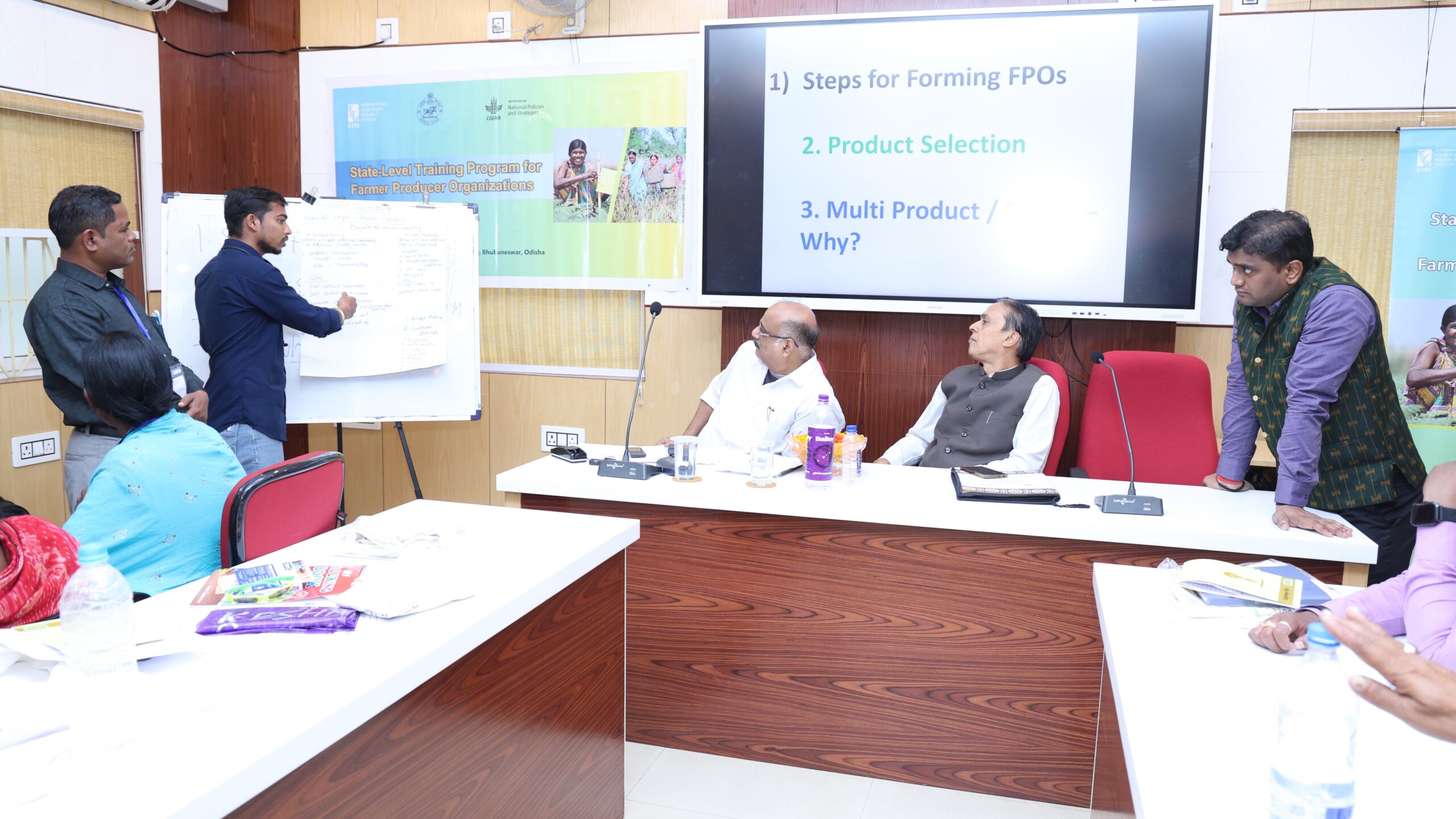Could building Somalia’s resilience to weather shocks help bring an end to its civil war?
That’s precisely what researchers Jean-Francois Maystadt, Olivier Ecker, and Athur Mabiso discuss in their paper “Extreme Weather and Civil War in Somalia: Does Drought Fuel Conflict through Livestock Price Shocks?”.
Research during the last decade has shown strong ties between rising global temperatures and escalating civil conflict throughout Africa. As drought devastates crops and livestock, people dependent on farming find themselves with little to no income. Becoming a soldier civil conflict is often seen as the only solution to poverty, hunger, and eventual starvation.
In fact, the authors find that economic well-being is the most significant (and traceable) driving factor behind joining in civil conflict—more motivating than religious, social, or even political grievances. Building resilience to drought, therefore, is a logical first step toward reducing conflict.
But how can policymakers break the conflict-drought relationship?
According to Maystadt and his fellow authors, the right policies and investments in agriculture can mitigate the civilian casualties, destruction of infrastructure, and loss of economic growth potential that comes with conflicts. Policies that foster growth in the livestock sector, for example, provide alternative income-earning opportunities, and establish social safety nets. And investment in rural infrastructure can help farmers herd their livestock to market more easily, which preserves the animals’ weight and secures their value. Better infrastructure will also help farmers sell off herds more quickly during extreme drought, before the animals die.
Other suggestions include offering farmers weather-related insurance and assistance programs that help move them toward more drought-resistant, quickly marketable animals.
Maystadt and fellow authors recognize that there are still “critical knowledge gaps … regarding the effectiveness of feasible policies and investments to strengthen resilience.” Nonetheless, the dots have been connected: drought and conflict go hand in hand, and finding ways to help farmers and pastoralists cope with drought can go a long way toward easing civil conflict.







